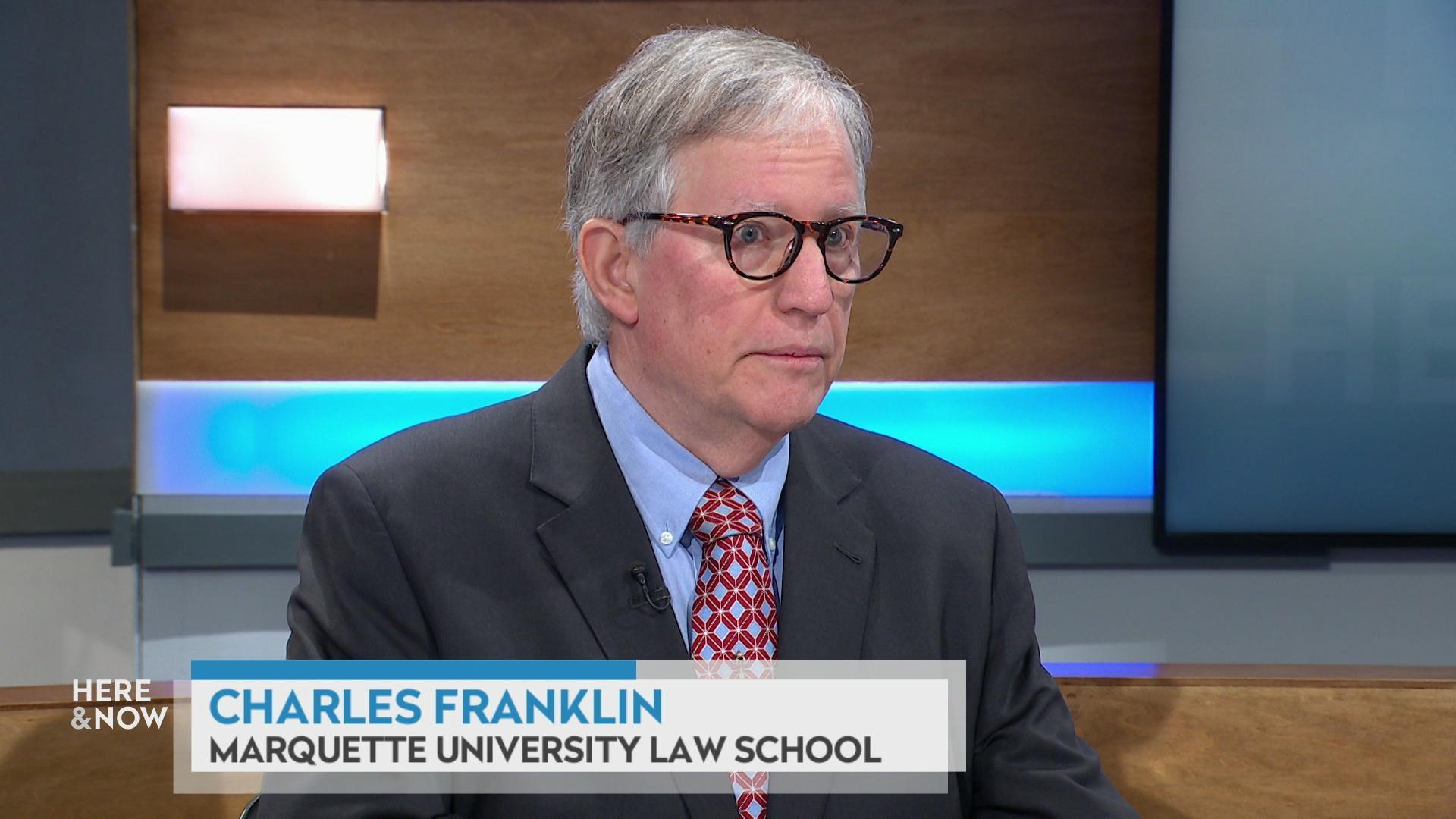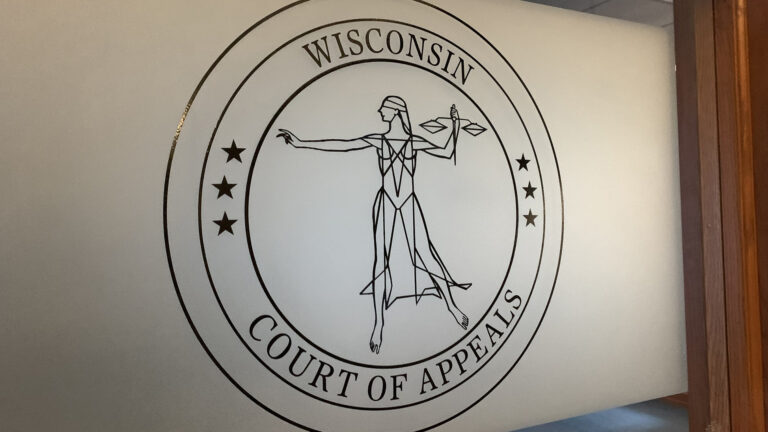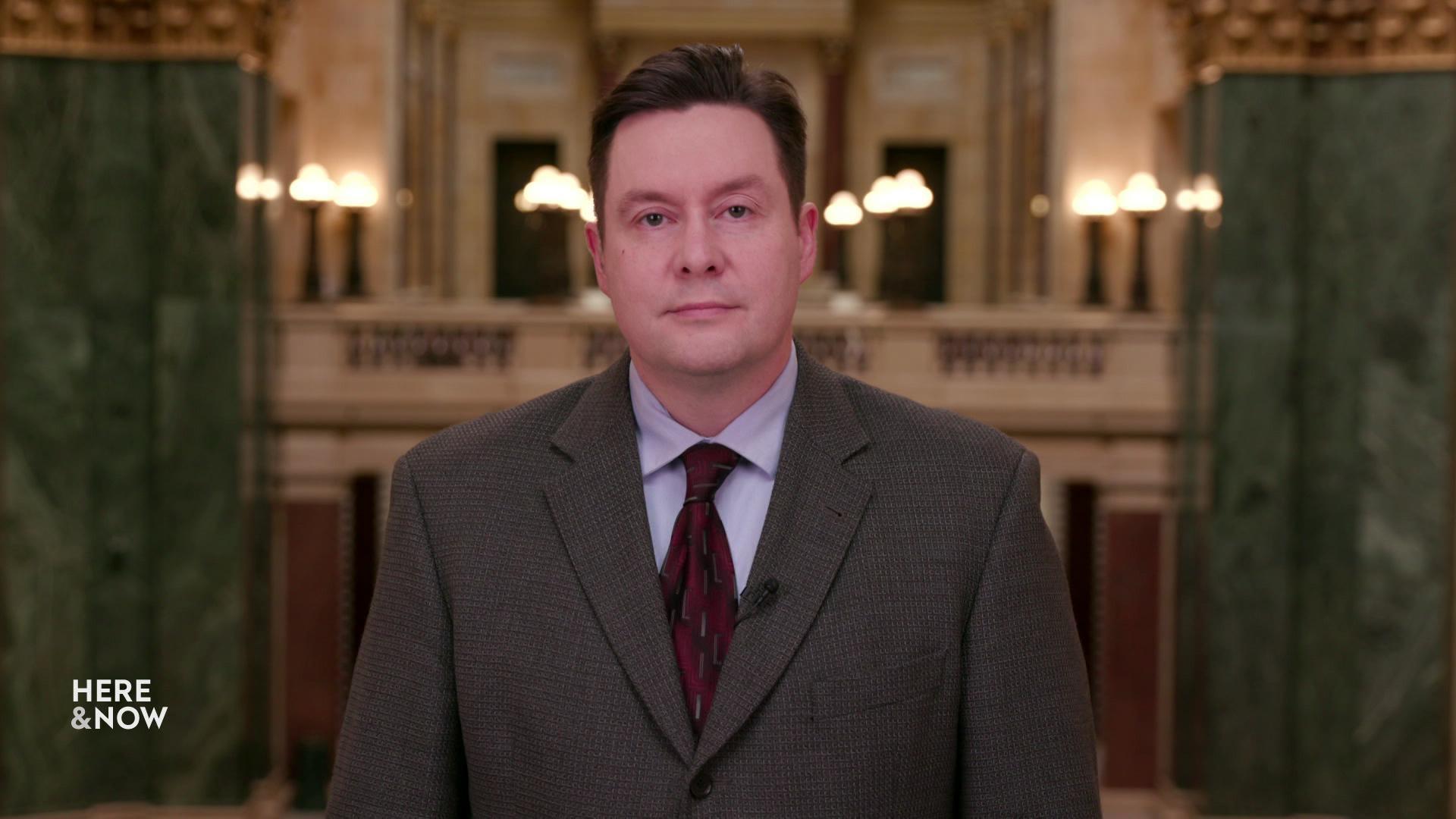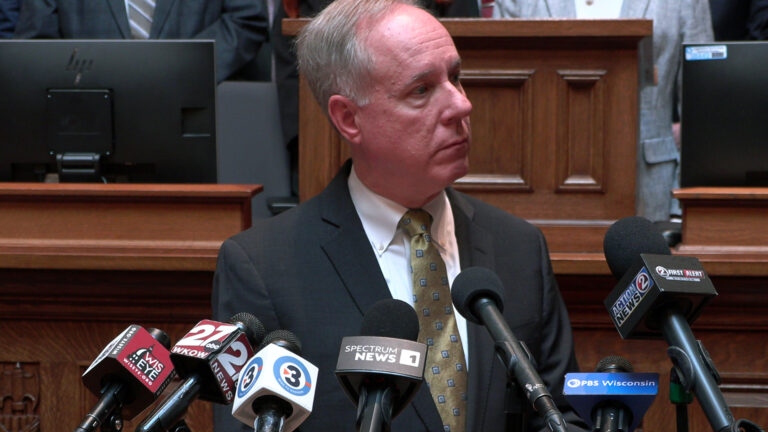Melissa Kono on election workers and polling place threats
Town of Burnside Clerk Melissa Kono considers training volunteer election workers how to handle criticism and preparing for confrontations and threats at polling places during voting and counting.
By Steven Potter | Here & Now
September 17, 2024
VIDEO TRANSCRIPT
Steven Potter:
What are the discussions that you do have with other clerks or other election workers about these tense situations at the polls and about threats?
Melissa Kono:
Yeah, so I would say now when I am training election workers, the questions have shifted from, it used to be, "Well, how do I handle it when a voter comes in and they haven't updated their address on their driver's license?" It has now moved from, "How do I handle a angry voter?" or "What do I do when a voter makes a comment about the machine?" or, you know, about non-citizens voting or something like that, like, "What do I do? What do I say?" So before, the questions that would come up were really procedural, like how do I make sure that I'm doing this right versus how do I deescalate a situation or handle a situation? And being an election worker is, you know, not a very glamorous job. And people just see it more as a civic duty, like they're volunteering. They are paid, but they just see it — they're not paid very much, so they see it as, you know, "I'm just helping out." So to just want to help out and then be subject to so much scrutiny and criticism that's really misplaced, I think is very off-putting for election workers. I have also seen election workers not want to do it anymore, especially clerks, just like "I don't want to have to deal with this." Or I had clerks the last couple years say, "I'm done by the next presidential election. I can't, I don't want to do this again."
Steven Potter:
Because of threats?
Melissa Kono:
Yeah, just because, I think the perception of threats and things getting worse, and I've had election workers, too, like, say, "Well, I'll work, but I don't want to be the chief inspector because I don't want to have to deal with someone if they're angry," you know, 'cause it is very personal, especially in a rural area, to be here on Election Day and then you see that person at the store later that week or at church. And so no one wants to ruffle feathers, even if somebody is maybe acting inappropriately at the polling place or kind of saying these baseless things. Well, the good news, on the other hand too, it's like, well, we know that person. They've always been like that. But I've seen it escalate, where before, people were maybe, like when photo ID was kind of back and forth with the state Supreme Court on whether it was going to be required or not, you know, people were like, "Well, you should have to show your ID." And then people weren't used to it and didn't want to show it, or just, you know, a little bit of that back and forth. I think it was one thing to question a change like that and not be used to it, or even when like the rules were kind of changing back and forth for a while, to just be unclear and not know what was in place at the time versus now, when people are just kind of making up things, like it's harder to address what's gonna come next.
 Passport
Passport











Follow Us